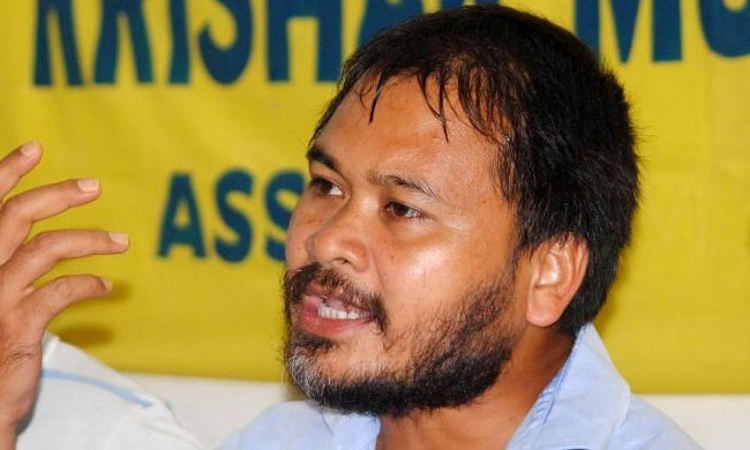"Akhil Gogoi Led Mob Brushed Aside Noble Concept Of Satyagraha":Gauhati High Court Rejects His Bail Plea
Sparsh Upadhyay
13 Jan 2021 4:35 PM IST

Next Story
13 Jan 2021 4:35 PM IST
The Gauhati High Court last week rejected the bail plea of peasants' rights activist Akhil Gogoi, in connection with a case registered against him under Sections 120B, 124A, 153B IPC and Sections 18 (Punishment for conspiracy, etc.) and 39 (Offence relating to support given to a terrorist organisation.) of the UA(P) Act. While noting that Court was unable to record its satisfaction...
